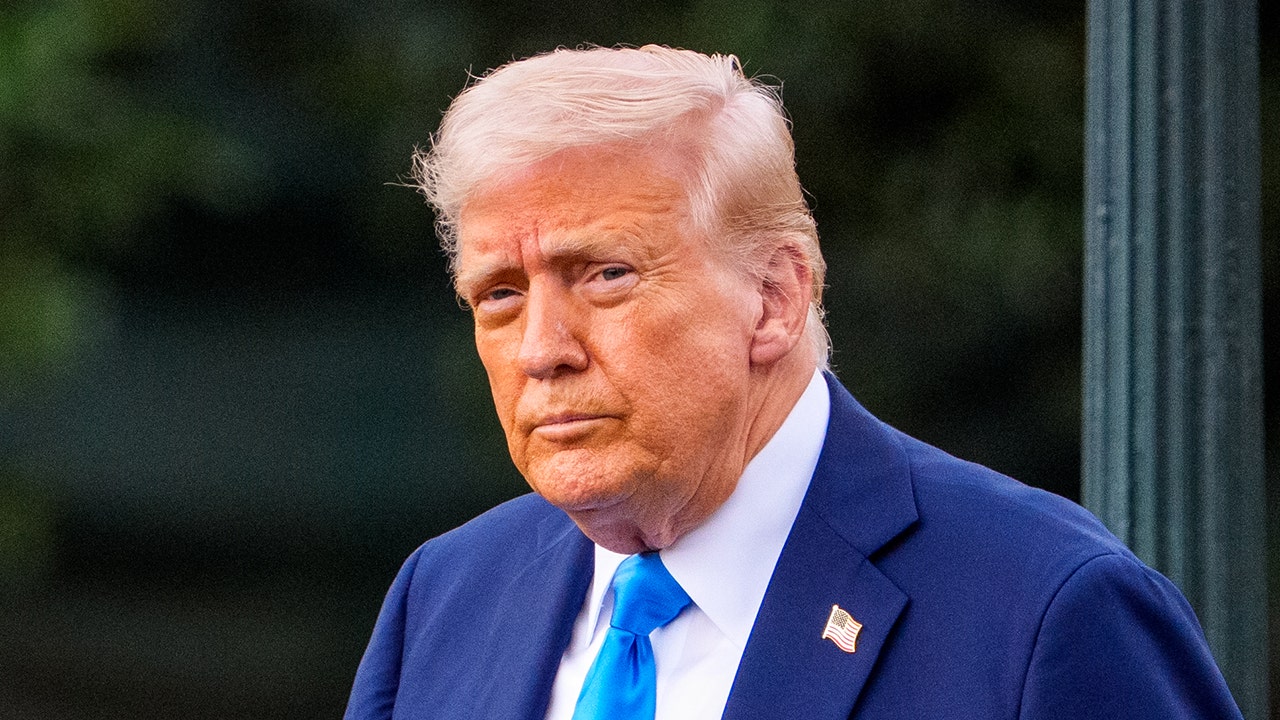World
Australian doctor freed 7 years after abduction in West Africa
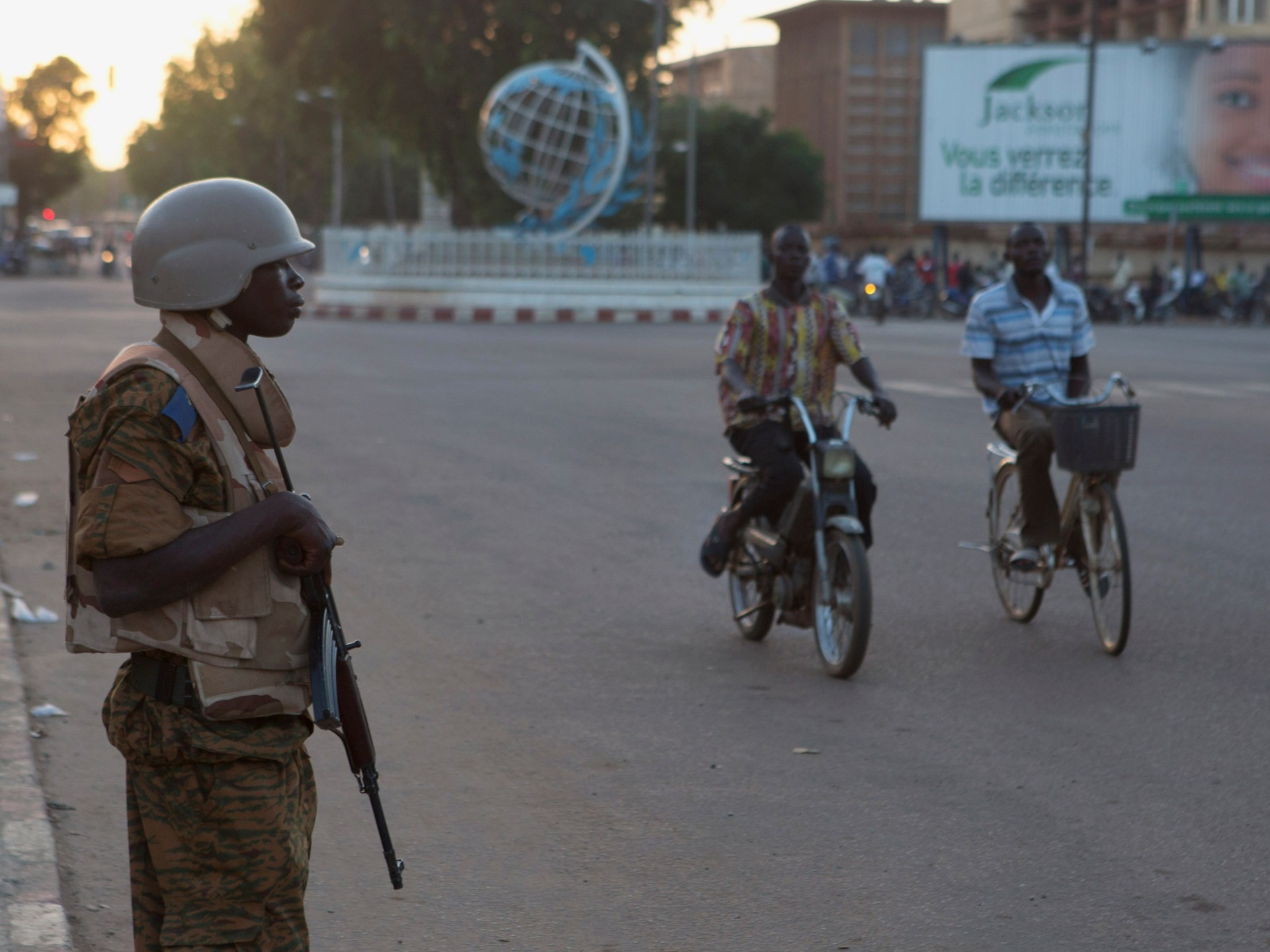
Dr. Kenneth Elliott was taken captive in northern Burkina Faso in 2016 along with his wife, who was released shortly after their abduction.
An 88-year-old Australian doctor held captive in West Africa for more than seven years has been released and safely returned to his family, the Australian government has announced.
Kenneth Elliott, from the west coast city of Perth, is safe and well and has been reunited with his wife Jocelyn and their children, Australia Foreign Minister Penny Wong said in a statement on Friday.
“We extend our thanks to the Australian officials who have worked over many years to secure Dr Elliott’s release and to provide support to his family,” Wong said.
Elliott and his wife were kidnapped by rebel fighters in northern Burkina Faso in January 2016 near the border with Mali and Niger, where they had operated a 120-bed medical clinic for more than 40 years.
Jocelyn Elliott was freed after three weeks.
Al-Qaeda in the Islamic Maghreb said it had kidnapped the couple and released the woman unconditionally because of public pressure and guidance from leaders not to involve women in war.
Wong said the Elliott family had asked for privacy, “and we ask that the media respect their wishes at this time”.
The doctor’s family issued a statement through the foreign ministry thanking all those who had “continued to pray for us”.
“We express our relief that Dr. Elliott is free and thank the Australian government and all who have been involved over time to secure his release,” the family said.
“At 88 years of age, and after many years away from home, Dr Elliott now needs time and privacy to rest and rebuild strength. We thank you for your understanding and sympathy.”
I am very pleased to advise that Dr Kenneth Elliott has been released after more than seven years in captivity in West Africa.
Dr Elliott is safe and well and has been reunited with his wife Jocelyn and their children.
Thank you to Australian officials who secured his release.
— Senator Penny Wong (@SenatorWong) May 19, 2023

World
Nautilus Adventure Drama Inspired by Jules Verne Novel Gets AMC Premiere Date, Photos and Trailer

ad
World
Trump demands do-or-die nuclear talks with Iran. Who has the leverage?
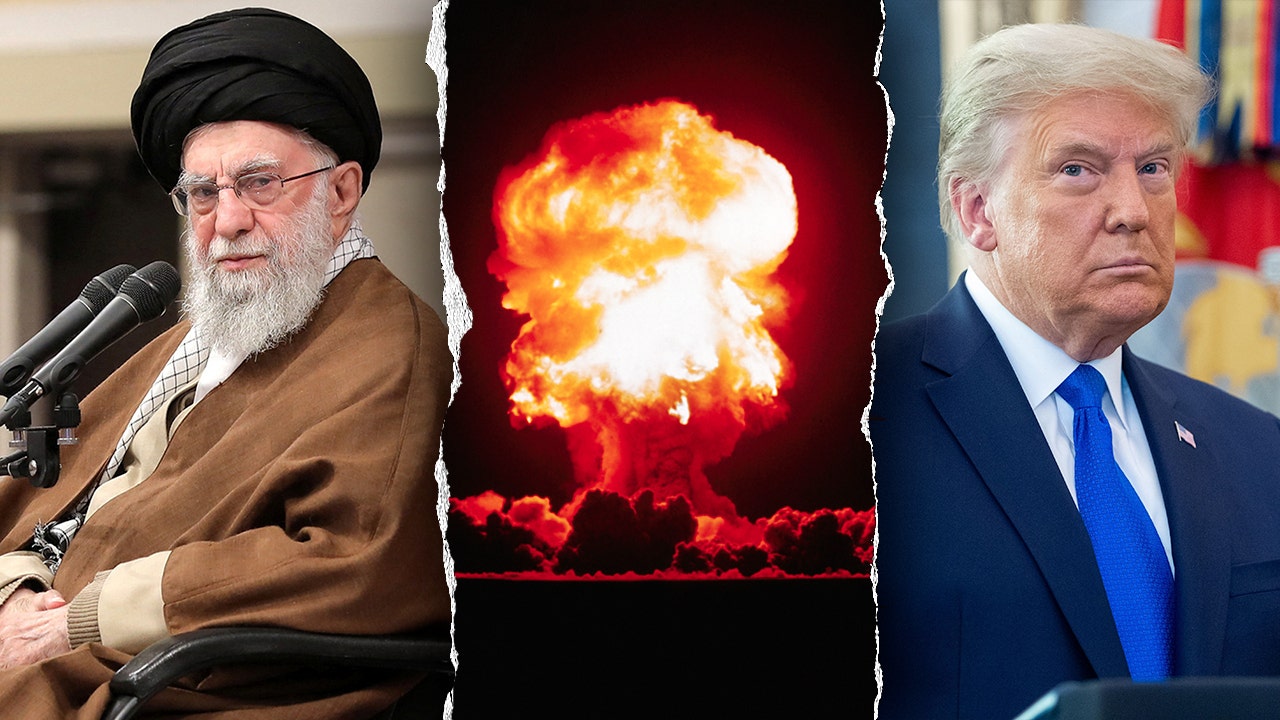
President Donald Trump remains adamant that his administration will engage in “direct” nuclear talks with Iran on Saturday in Oman, while Tehran appears to remain equally steadfast in its insistence the negotiations will be “indirect.”
Middle East envoy Stever Witkoff is scheduled to travel to Oman, where he could potentially be meeting with Iranian Foreign Minister Abbas Araghchi, though the Iranian official has so far maintained the talks will be held through a third party.
While it remains unclear who will get their way regarding the format of the discussions, Iran expert and senior fellow at the Foundation for Defense of Democracies, Behnam Ben Taleblu, said this public controversy between Washington and Tehran is all a game of leverage.
“Both sides have an incentive to either overrepresent or underrepresent what is happening,” he told Fox News Digital. “These are often the negotiations before the negotiations.”
IRAN MULLS PREEMPTIVE STRIKE ON US BASE AFTER TRUMP BOMB THREATS
President Donald Trump speaks to reporters as he signs executive orders in the Oval Office on April 9, 2025. (Getty Images)
“For the White House, the desire to be seen as having direct talks with the Islamic Republic is high,” he said, pointing to the lack of direct engagement between Washington and Tehran dating back to his first term and the regime’s deep disdain for the president, as witnessed in an apparent assassination attempt.
While the Iranian government has long held contempt for the U.S., a sentiment that has persisted for decades, Trump is “very different,” Ben Taleblu said.
The security expert highlighted the 2020 assassination of top Iranian Gen. Qasem Soleimani, the crippling effect of the U.S.-sanctioned maximum-pressure campaign and Trump’s open support for the Iranian people as the major issues that have rankled the Iranian regime.
“Trump is a very bitter pill to swallow, and I think the supreme leader of Iran once said that the shoe of Qasem Soleimani has more honor than the head of Trump,” Ben Taleblu said. “Being seen as directly negotiating with someone [like that] would be making the Islamic Republic look like a supplicant.
“The U.S. wants to be seen as having driven Iran to the negotiating table, and the Islamic Republic does not want to be seen as being driven to the negotiating table,” he added.
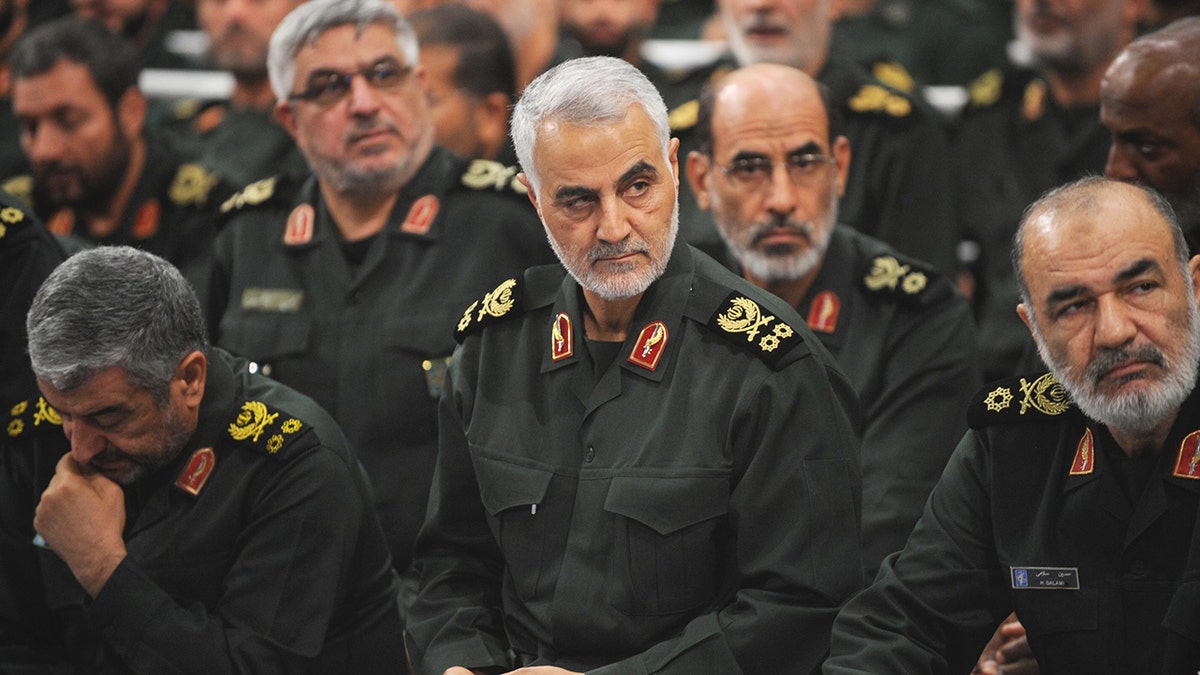
Iranian Quds Force commander Qassem Soleimani is shown in 2016. (Press Office of Iranian Supreme Leader/Anadolu Agency/Getty Images)
AHEAD OF TRUMP ADMIN-IRAN TALKS, NEW REPORT SAYS IRAN NUCLEAR THREAT RISES TO ‘EXTREME DANGER’
Tehran’s chief advantage is the fact that, despite severe U.S. sanctions and geopolitical attempts to halt its development of a nuclear weapon, it has made serious gains in its enrichment of uranium to near-weapons-grade quality, as well as with its missile program, a critical component in being able to actually fire a nuclear warhead.
It also has drastically closer ties with chief U.S. adversarial superpowers like Russia and China, whose position and involvement in countering Western attempts to disarm a nuclear Iran remains an unknown at this point.
While Iran holds significant leverage when it comes to negotiating with the Trump administration on its nuclear program, Washington has a plethora of levers it can use to either incentivize or coerce Tehran into adhering to international calls for the end of its nuclear program.
“The U.S. actually has a heck of a lot of leverage here,” Ben Taleblu said, pointing to not only more economic sanctions, including “snapback” mechanisms under the United Nations Security Council, but also military options.
Trump last month threatened to “bomb” Iran if it did not engage in nuclear talks with the U.S.
But some have questioned how long the administration will allow negotiations to persist as JCPOA-era snapback sanctions expire in October 2025.
The White House would not confirm for Fox News Digital any time restrictions it has issued to Iran, but Trump on Wednesday told reporters, “We have a little time, but we don’t have much time.”

The Foundation for Defense of Democracies analyzed where Iran’s nuclear infrastructure is located. (Foundation for Defense of Democracies)
TIME IS RUNNING OUT TO STOP IRAN FROM MAKING NUCLEAR BOMB: ‘DANGEROUS TERRITORY’
“The regime has its back against the wall,” Ben Taleblu said. “A military option, given what has been happening in the Middle East since Oct. 7, 2023, is an increasingly credible option against the Islamic Republic of Iran.”
“And the regime is engaging, now, to delay and prevent a military option from ever materializing,” he added. “They are hoping to use talks with the Americans as a human shield against the Israelis.”
“So long as you’re talking to America, the Israelis aren’t shooting at you,” Ben Taleblu continued.
Trump this week said that it would be Israel who would take the lead on a military strike on Iran, not the U.S., should nuclear talks fail, which again could be a negotiating tactic as Israel has already demonstrated it will not hesitate to militarily engage with Iran.
“Pursuing wholesale disarmament of the Islamic Republic of Iran is incredibly risky, and it doesn’t have a great track record of succeeding,” Ben Taleblu said.
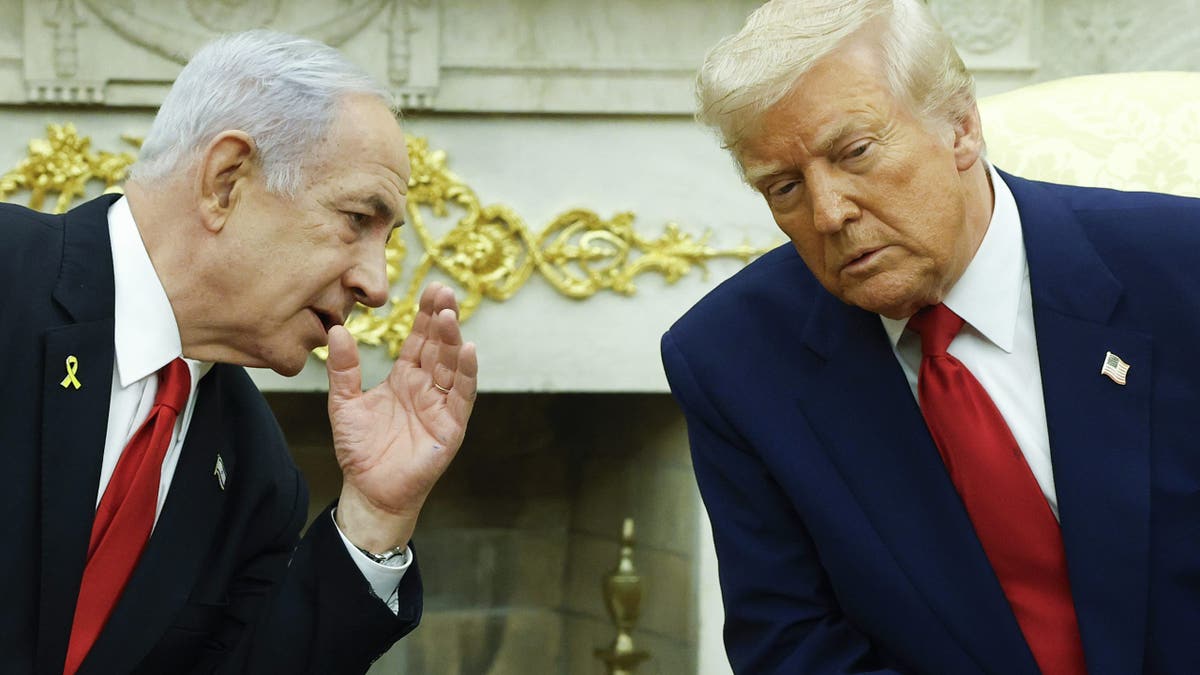
Israeli Prime Minister Benjamin Netanyahu talks to President Donald Trump during a meeting in the Oval Office on April 7, 2025. (Kevin Dietsch/Getty Images)
The Iranian expert said the only way to actually take on the Islamic Republic would be through a “broader” and “more holistic” strategy that focuses not only on nuclear nonproliferation but removing the “Axis of Resistance,” scaling up sanctions and having a “ground game” to counter the regime through cyber, political and telecommunication strategies “for when Iranians go out into the street and protest again.”
“What the Islamic Republic would always want is to have you focus on the fire and not on the arsonist, and the arsonist is quite literally a regime that has tried to kill this president,” Ben Taleblu said.
World
US envoy Witkoff meets Putin in Russia over Ukraine war

The Kremlin says Witkoff ‘will bring something from his president to Putin’ in push for a Ukraine peace settlement.
United States President Donald Trump’s special envoy, Steve Witkoff, is holding talks with Russian President Vladimir Putin in Saint Petersburg to discuss the war in Ukraine, according to the Kremlin.
Kremlin spokesperson Dmitry Peskov confirmed on Friday that Witkoff and Putin were in the Russian city.
“The painstaking work continues. Naturally, Witkoff, as a special representative of President Trump, will bring something from his president to Putin,” Peskov was quoted as saying by Russia’s TASS news agency.
“Putin will listen to it. The conversation on various aspects of the Ukrainian settlement will continue.”
Earlier on Friday, Russian state media published footage of Witkoff and Russia’s economic negotiator, Kirill Dmitriev, leaving a hotel in Saint Petersburg.
Talks to secure a ceasefire deal to end the Ukraine war have stalled amid negotiations on the conditions to end the conflict.
At the end of March, Trump said he was “very angry” and “p****d off” after Putin criticised the credibility of Ukrainian President Volodymyr Zelenskyy’s leadership.
Trump told NBC News: “If Russia and I are unable to make a deal on stopping the bloodshed in Ukraine, and if I think it was Russia’s fault – which it might not be – but if I think it was Russia’s fault, I am going to put secondary tariffs on oil, on all oil coming out of Russia.”
Last month, Putin rejected a joint US-Ukrainian proposal for a complete and unconditional ceasefire.
While Russia and Ukraine agreed to halt attacks on energy infrastructure in March, both sides have accused each other of continuing attacks.
Mending ties
Witkoff has quickly become a key figure in discussions between Washington and Moscow as frosty tensions during former President Joe Biden’s administration have eased.
After his last meeting with Putin, Witkoff said the Russian president was a “great leader” and “not a bad guy”.
More recently, US and Russian officials held talks on Thursday in Turkiye.
Both sides said they had made progress towards normalising the work of their diplomatic missions.
That same day, Russia freed Russian American Ksenia Karelina from prison in exchange for the suspected tech smuggler Arthur Petrov.
Russian Foreign Minister Sergey Lavrov said that prisoner exchanges helped build “trust, which is much needed” between the two sides after ties deteriorated under Biden.
-

 News1 week ago
News1 week agoSupreme Court Rules Against Makers of Flavored Vapes Popular With Teens
-
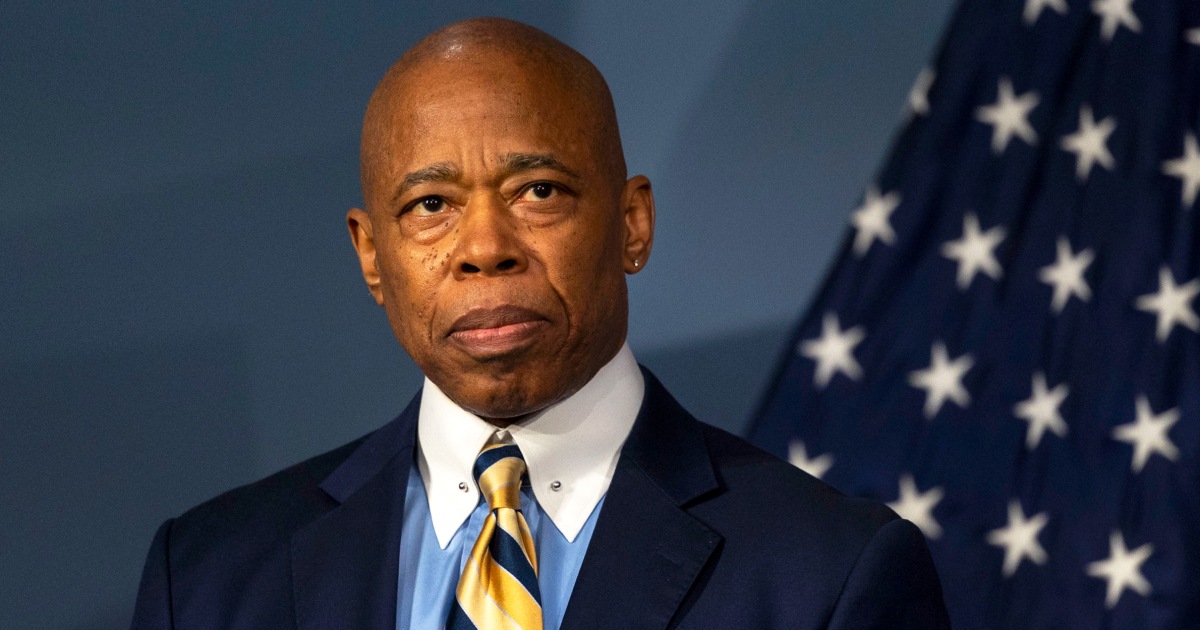
 News1 week ago
News1 week agoNYC Mayor Eric Adams' corruption case is dismissed
-

 Technology1 week ago
Technology1 week agoHere’s how you can preorder the Nintendo Switch 2 (or try to)
-

 News1 week ago
News1 week agoTrump to Pick Ohio Solicitor General, T. Elliot Gaiser, for Justice Dept. Legal Post
-
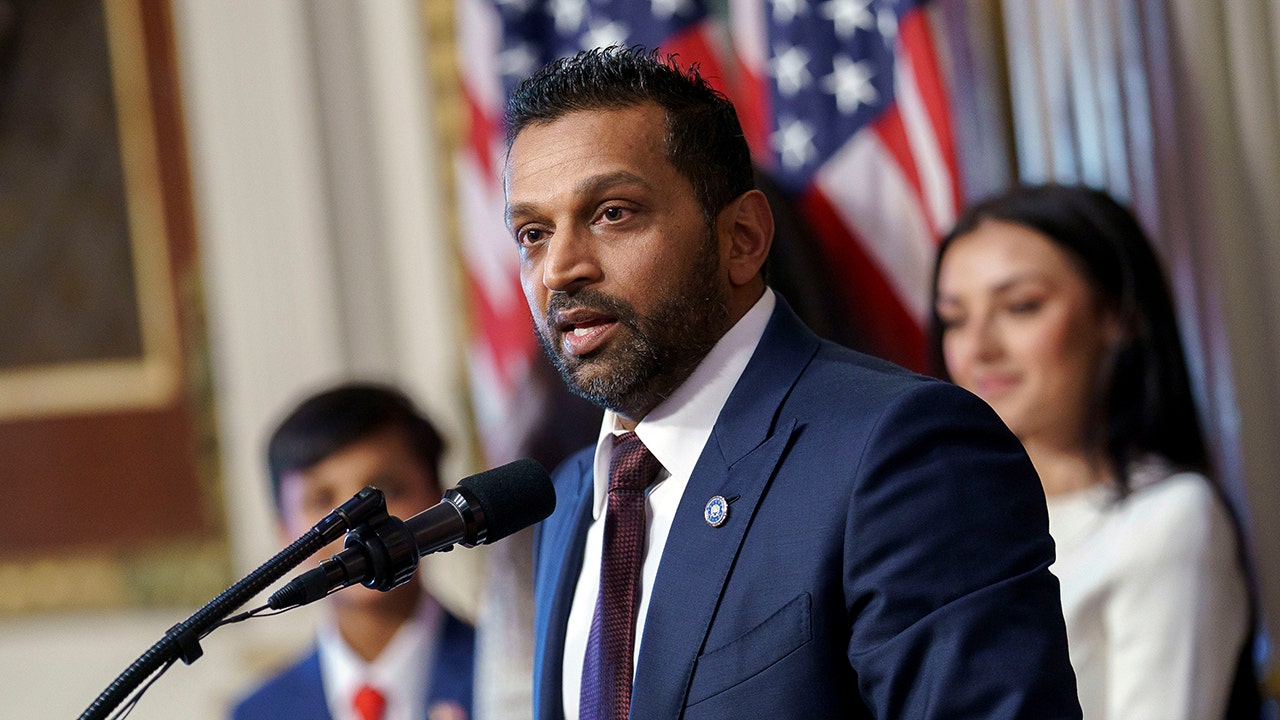
 Politics1 week ago
Politics1 week agoFBI flooded with record number of new agent applications in Kash Patel's first month leading bureau
-

 World1 week ago
World1 week ago‘A historic moment’: Donald Trump unveils sweeping ‘reciprocal’ tariffs
-

 Sports1 week ago
Sports1 week agoDeion Sanders defied doubters and returns to Colorado with a $10M per year deal. What’s next?
-
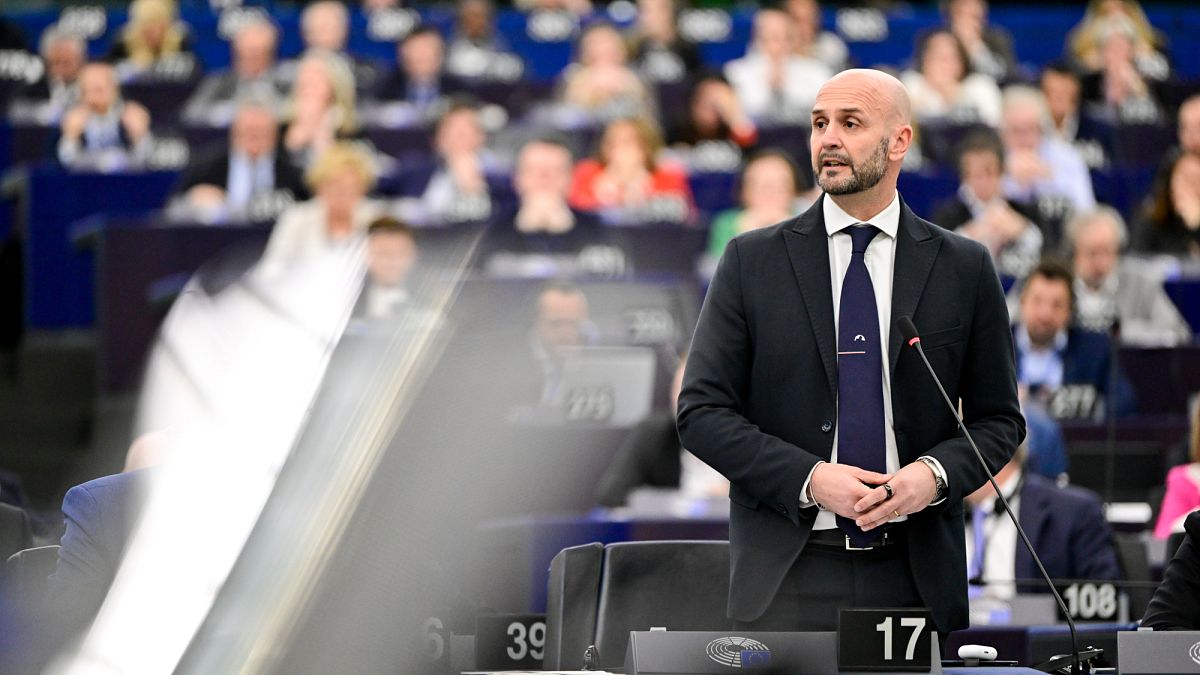
 World1 week ago
World1 week agoCommission denies singling out NGOs in green funding row














